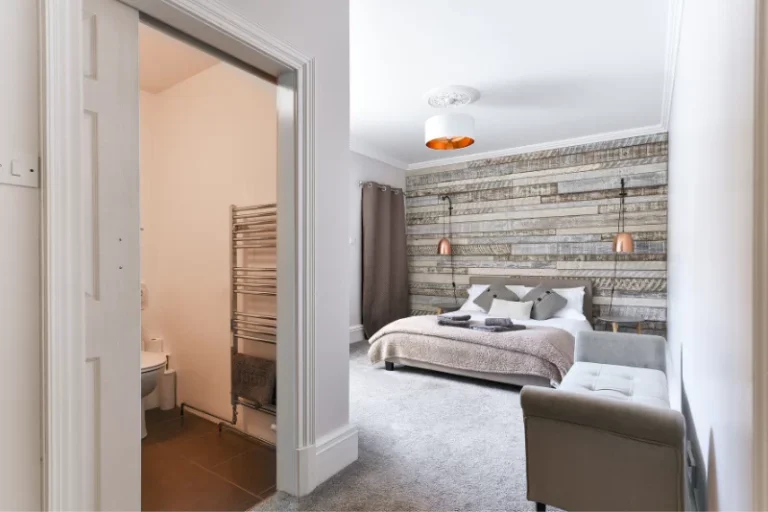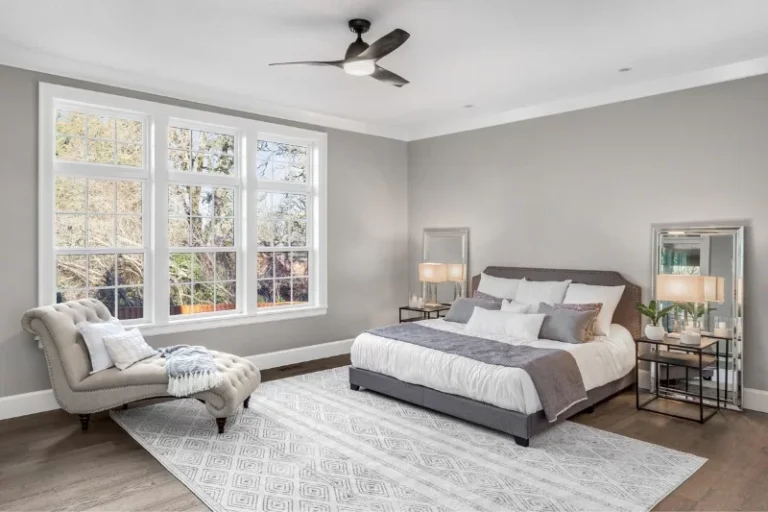In an era where simplicity and minimalism are gaining momentum, downsizing has emerged as a compelling lifestyle choice for many. This trend goes beyond mere spatial considerations, reflecting a broader shift towards efficiency, financial freedom, and a more focused approach to living. Let’s explore why more individuals and families are finding that when it comes to home life, less can indeed be more.

Financial Savings
One of the most immediate benefits of downsizing is the potential for significant financial savings. A smaller home typically means a lower mortgage, reduced property taxes, and decreased utility costs. The cumulative effect can free up substantial amounts of money each month, allowing homeowners to redirect funds towards savings, investments, or experiences that enrich their lives.
Reduced Clutter and Maintenance
Smaller living spaces encourage a decluttered lifestyle, compelling residents to prioritize their possessions and keep only what is truly necessary or cherished. This minimization of clutter not only simplifies cleaning and maintenance but also fosters a more tranquil and manageable living environment. Additionally, downsizing often leads to lower maintenance requirements, saving time and effort that can be spent on hobbies, relaxation, or family activities.
Environmental Impact
Downsizing is inherently eco-friendly. Smaller homes consume less energy for heating, cooling, and lighting, which contributes to a smaller carbon footprint. By occupying less space and using fewer resources, downsizers can play an active role in environmental conservation, aligning their living situation with broader sustainability goals.
Enhanced Lifestyle and Mobility
For many, the appeal of downsizing lies in the lifestyle it enables. A smaller home can mean less time spent on upkeep and more time for travel, hobbies, and socializing. Furthermore, the financial flexibility gained from downsizing can open up opportunities for travel, further education, or starting a business. For older adults, downsizing can also mean selecting a home that better suits their mobility needs and lifestyle preferences as they age.
Conclusion
Downsizing represents a strategic choice that aligns with a desire for a simpler, more focused life. It offers a range of benefits from financial savings to reduced environmental impact, and fosters a lifestyle free from the burdens of excess space and possessions. As we continue to reassess what’s important, downsizing prompts us to question the traditional maxim of “bigger is better,” suggesting that, in many cases, there is profound value and freedom in choosing to live with less.



